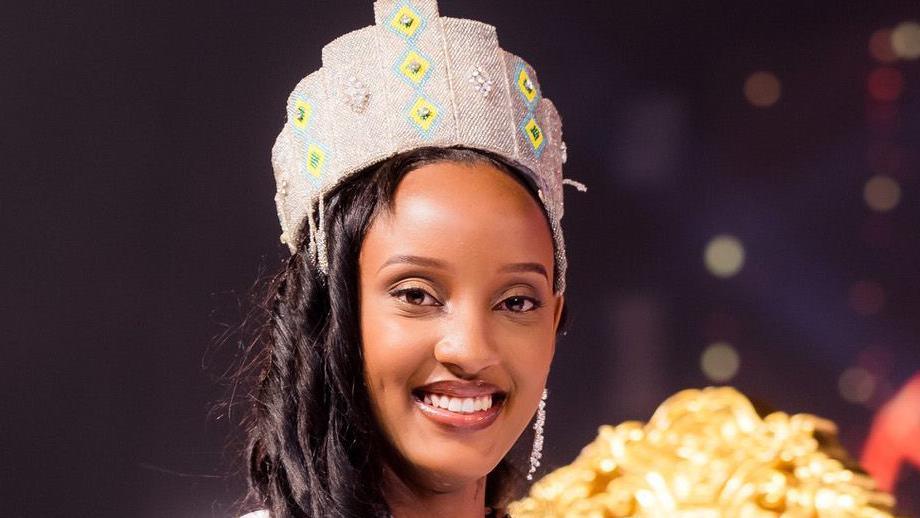A court in Rwanda has issued a three-month suspended sentence to Divine Muheto, the reigning Miss Rwanda, for drink-driving and operating a vehicle without a license. In addition to the suspended sentence, she was fined 190,000 Rwandan francs, equivalent to about $140 or £109. The incident that led to her court appearance involved Muheto crashing her car into an electricity pylon and a palm tree while returning home from a bar in the capital city, Kigali. Reports indicate that initially, she fled the crash scene, but the court ultimately acquitted her of this fleeing charge. This ruling has raised questions about the potential for an appeal by the prosecution.
During the court proceedings, Muheto was not present, and neither was the prosecution, which had recommended a more substantial punishment of two years in prison. After spending 18 days in police custody, the judge decided to release her immediately. The absence of a formal statement from the prosecution regarding an appeal adds an air of uncertainty surrounding the outcome of the case. It remains unclear if they will pursue further legal action against her, highlighting the complexities involved in legal proceedings regarding public figures.
Divine Muheto, who is 21 years old and the daughter of Assistant Commissioner of Police Francis Muheto, has faced scrutiny following this incident. Her legal representatives indicated that she has felt remorseful for her actions and has sought forgiveness, although she has not made any public comment on the matter. Law enforcement officials in Rwanda disclosed that this was not Muheto’s first alcohol-related driving offense, which raises concerns about the implications of her actions and the broader issue of drink-driving within the country.
Her rise to prominence in Rwandan society began with her victory in the Miss Rwanda pageant in 2022. However, this significant milestone has now been overshadowed by the legal troubles she faces. The Miss Rwanda competition has been put on hold since her crowning due to sexual misconduct allegations against the pageant’s organizers. This situation has temporarily altered the landscape of beauty contests in the country, as the competition has become entangled in serious allegations that require addressing.
Rwanda has seen an increase in enforcement against drink-driving, with thousands of individuals arrested in recent years for this offense. The legal penalties for drink-driving in the country include a fine of 150,000 Rwandan francs and a potential five-day sentence in police custody. The tightening of laws regarding drinking and driving reflects a broader commitment by Rwandan authorities to emphasize road safety and combat alcohol-related incidents on the roads. As public figures like Muheto face legal scrutiny, it brings further attention to the ongoing issue and the role of celebrities in setting social standards.
As the situation unfolds, Muheto’s case serves as a critical reminder of the responsibilities that come with fame and the implications of individual actions in the public eye. The outcome of her case could pave the way for changes in how public figures are treated in legal scenarios, as well as the enforcement of laws pertaining to drink-driving in Rwanda. Ultimately, the balance between celebrity status and personal accountability continues to be a pertinent topic for discussion in the context of this case and its ramifications for society at large.

